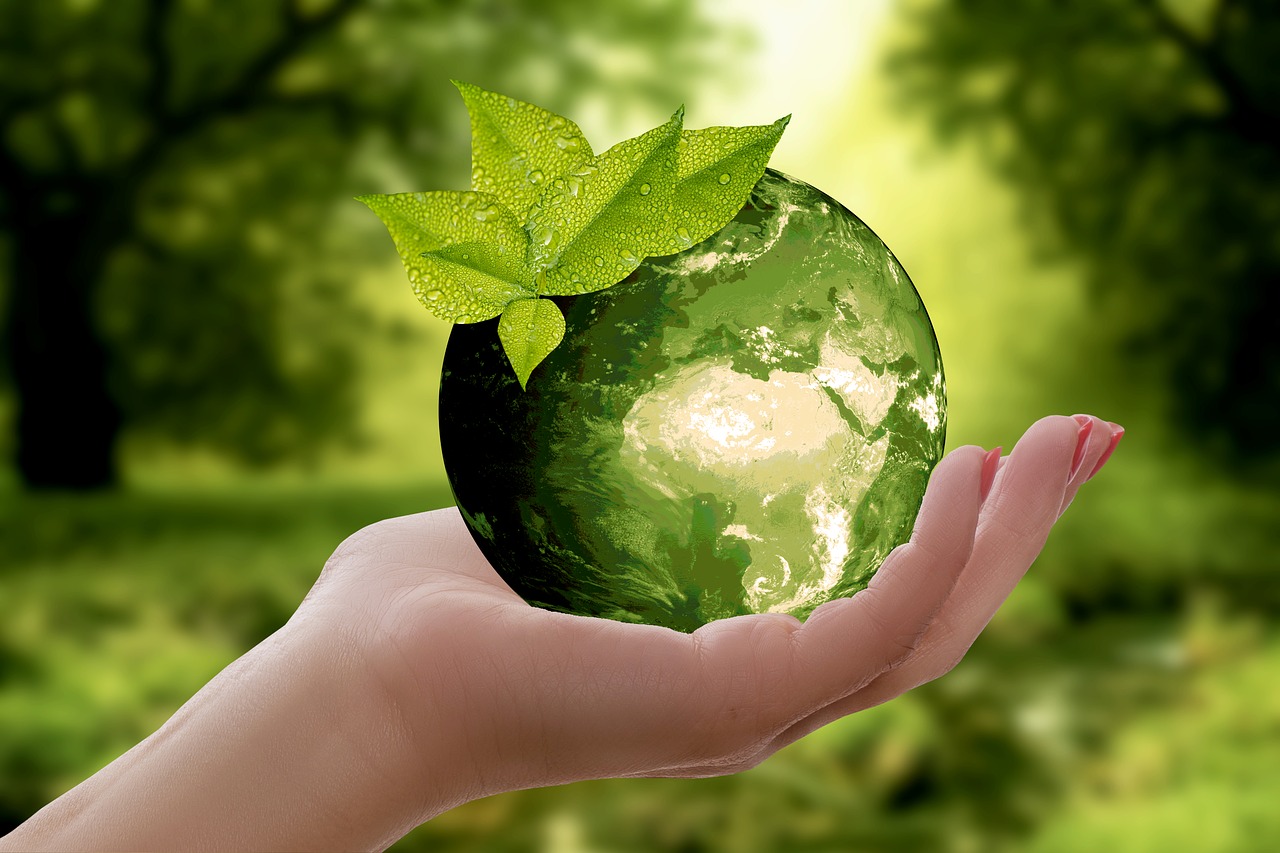As our population increases and the impacts of climate change become more evident and frequent, change is our only constant. The human footprint of cities is currently contributing to over 70 per cent of greenhouse gas emissions and land use changes, unsustainable consumption patterns, and associated biodiversity loss.
The Organisation for Economic Cooperation and Development recently traced the world’s collective urban footprint, estimating that there are now over 10,000 cities worldwide.
As we reach for net zero emissions by 2030, to balance our actions with planet’s needs, we must reflect and ask ourselves, will this be enough? Will transitioning to net zero recover biodiversity and habitats lost and provide the resources and food we will need to survive and thrive in the future?
While we cannot predict the future, we can shape it through the decisions we make today. To truly rebalance the needs of people and the planet, we must recover and repair what has been damaged or lost and reset our expectations of how we interact with the natural world, according to Arup.
Read more on their website.

